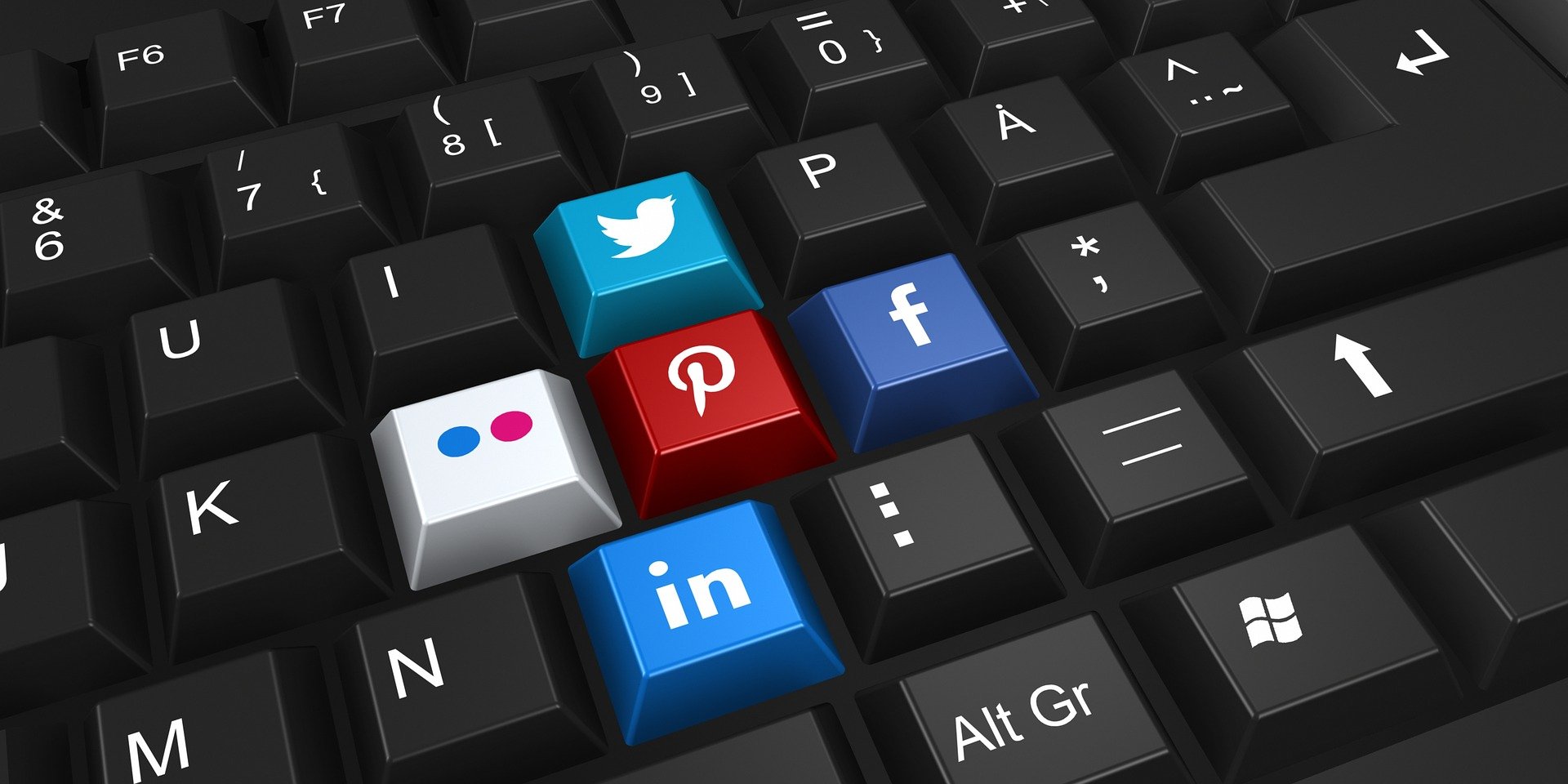When people own a physical object of value, many will place high importance on protecting it. This could include locking it in a safe or keeping it close to them at all times. You should place the same importance on your personal information, particularly if it is online. We will be discussing why it is so crucial to keep your data safe and how it can occur.
Contents
What Would Hackers Do with My Information?
Some people will tell themselves that they are too boring for a hacker to bother with them or that it isn’t worth it because they do not have enough money to steal. Both of these thoughts are inaccurate. Hackers will target anyone from random individuals to multi-billion-dollar companies, sometimes just to prove that they can.
If hackers were to get your information, their primary focus would typically be financially oriented. They can either hold it for ransom to you or sell it on the dark web. If they choose to hold it for ransom, they can encrypt the data so that you do not have access to it. You will need to pay them to regain control of your files.
Another reason that hackers may want your data is so that they can use it to steal your identity. Identity theft is a serious crime that affects millions of Americans every year. When identity theft occurs, a hacker might apply for a loan in your name, use your medical insurance for themselves, or commit fraud in some other way. It is difficult to recover from identity theft, and you might feel the financial repercussions for years to come if you do not catch it quickly enough.
How to Protect Your Information Online
Thoroughly Investigate New Employees
Protecting company information is critical at all times. If your list of customer data or business files were to get leaked, it would lose your company time, money, and reputation. To avoid this, you should conduct careful research before you hire new employees who will have access to confidential data. You can run a background check on potential candidates to see if they have a history of white-collar crime and determine if they are likely to do the same things in their new role.
To save yourself time, you only need to run background checks on the top one or two candidates, rather than everyone you interview. Keep in mind that you will need to inform the candidate that you will be running a background check, and you need their written authorization to proceed.
Be Choosey About Giving Information Away
Recently, it seems like everyone is looking for details about consumers. For instance, you might be in a retail store buying clothing, and the cashier will ask for your postal code or email address. In this case, the retailer doesn’t need to have this information, so you should politely decline. The less personal information that is floating around, the better.
Lock Down Your Social Media
Often, cybercriminals will use your social media accounts to build a profile of you. This may come in the form of phishing emails, in which they send you an email catered to your interests or medical conditions. This email could have a link that, when clicked, allows hackers access to your files, computer, or network. They might also create a fake social invitation by using your friends’ names and asking you to click on a link to accept.
To avoid this, check all your social media settings to ensure that they are set to private. This means that only your friends or certain people can view your posts or information. If you do not want to change your settings, do not post anything too personal that hackers can use, such as your medical conditions, address, birthday, or pet’s name.
Use a Blocking Browser Extension
Whenever you visit a website, this information gets sold to advertisers. They will be able to see what you are searching for and what you take interest in. They will then create targeted ads that you will see everywhere, designed to entice you into making a purchase.
To keep your personal web browsing history safe, try installing an extension adblocker. Certain blockers will let you know if it detects malware on a website, which will keep your computer protected. If you know the website is 100% secure, you can turn off the adblocker when you need to. An example of this is writing an exam on your school’s website and needing to turn off the ad blocker for the exam to pop up.

